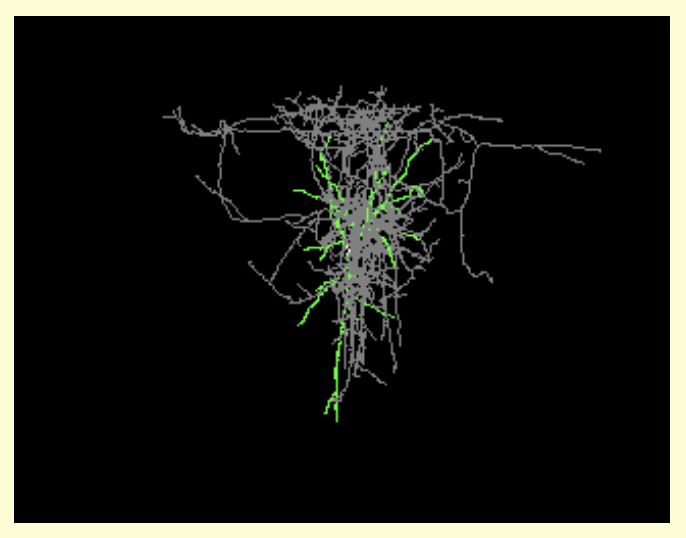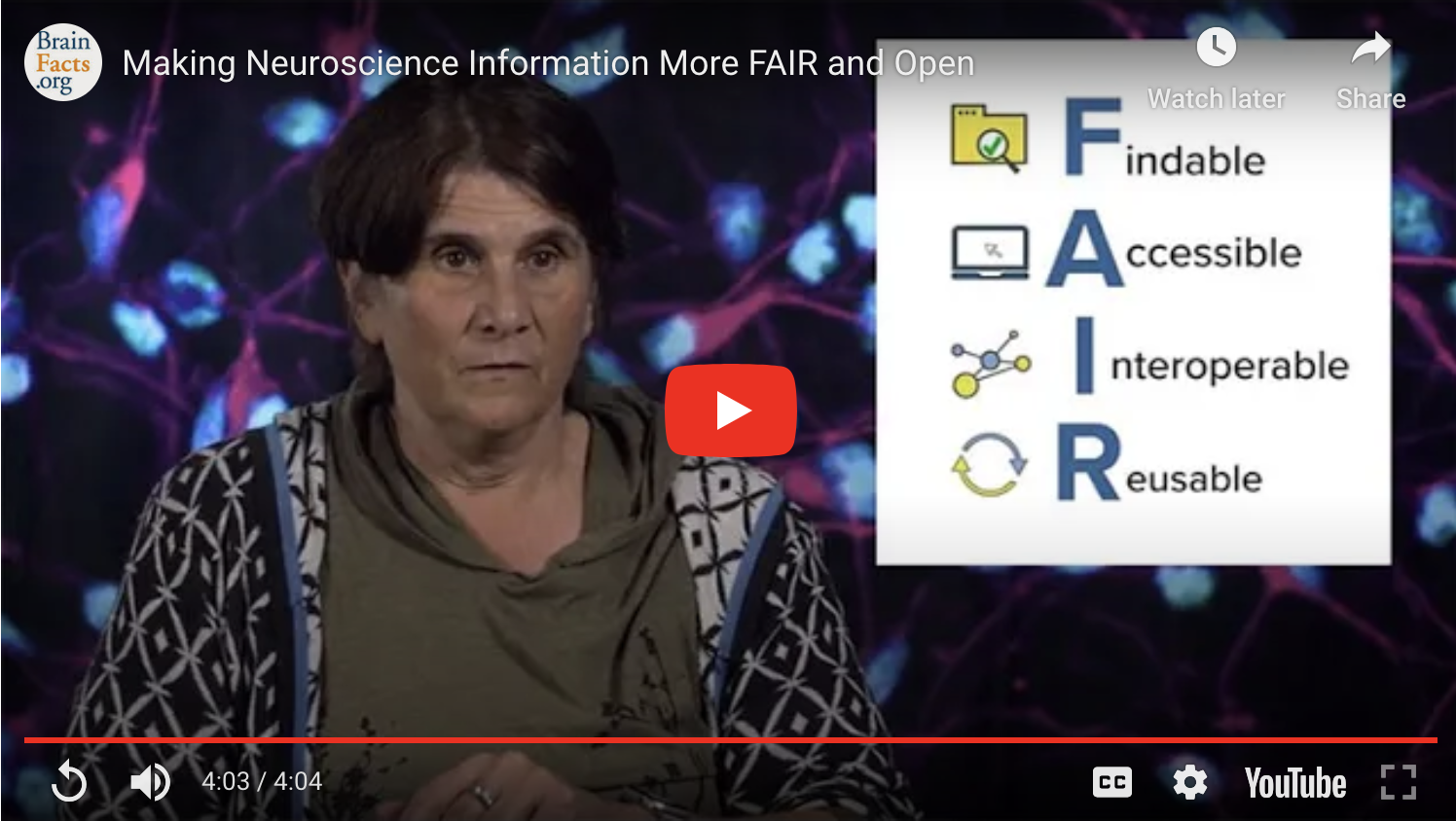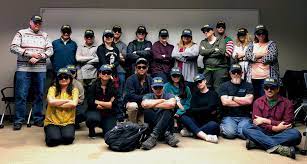URL: http://weizhong-lab.ucsd.edu/cd-hit/
Proper Citation: CD-HIT (RRID:SCR_007105)
Description: THIS RESOURCE IS NO LONGER IN SERVICE. Documented on February 28,2023. Software program for clustering biological sequences with many applications in various fields such as making non-redundant databases, finding duplicates, identifying protein families, filtering sequence errors and improving sequence assembly etc. It is very fast and can handle extremely large databases. CD-HIT helps to significantly reduce the computational and manual efforts in many sequence analysis tasks and aids in understanding the data structure and correct the bias within a dataset. The CD-HIT package has CD-HIT, CD-HIT-2D, CD-HIT-EST, CD-HIT-EST-2D, CD-HIT-454, CD-HIT-PARA, PSI-CD-HIT, CD-HIT-OTU and over a dozen scripts. * CD-HIT (CD-HIT-EST) clusters similar proteins (DNAs) into clusters that meet a user-defined similarity threshold. * CD-HIT-2D (CD-HIT-EST-2D) compares 2 datasets and identifies the sequences in db2 that are similar to db1 above a threshold. * CD-HIT-454 identifies natural and artificial duplicates from pyrosequencing reads. * CD-HIT-OTU cluster rRNA tags into OTUs The usage of other programs and scripts can be found in CD-HIT user''s guide. CD-HIT was originally developed by Dr. Weizhong Li at Dr. Adam Godzik''s Lab at the Burnham Institute (now Sanford-Burnham Medical Research Institute).
Abbreviations: CD-HIT
Synonyms: CD-HIT Program
Resource Type: software application, source code, software resource, data processing software
Defining Citation: PMID:20053844, PMID:16731699, DOI:10.1093/bioinformatics/btl158
Keywords: cluster, protein, sequence, classification, domain, analysis, nucleotide sequence, dna, protein sequence, bio.tools, FASEB list
Expand Allis listed by |
|
is listed by |
|
is listed by |
|
has parent organization |
|
has parent organization |
|
is parent organization of |
We found {{ ctrl2.mentions.total_count }} mentions in open access literature.
We have not found any literature mentions for this resource.
We are searching literature mentions for this resource.
Most recent articles:
{{ mention._source.dc.creators[0].familyName }} {{ mention._source.dc.creators[0].initials }}, et al. ({{ mention._source.dc.publicationYear }}) {{ mention._source.dc.title }} {{ mention._source.dc.publishers[0].name }}, {{ mention._source.dc.publishers[0].volume }}({{ mention._source.dc.publishers[0].issue }}), {{ mention._source.dc.publishers[0].pagination }}. (PMID:{{ mention._id.replace('PMID:', '') }})
A list of researchers who have used the resource and an author search tool
Find mentions based on location

{{ ctrl2.mentions.errors.location }}
A list of researchers who have used the resource and an author search tool. This is available for resources that have literature mentions.
No rating or validation information has been found for CD-HIT.
No alerts have been found for CD-HIT.
Source: SciCrunch Registry





